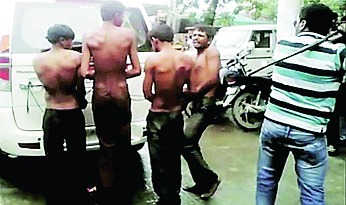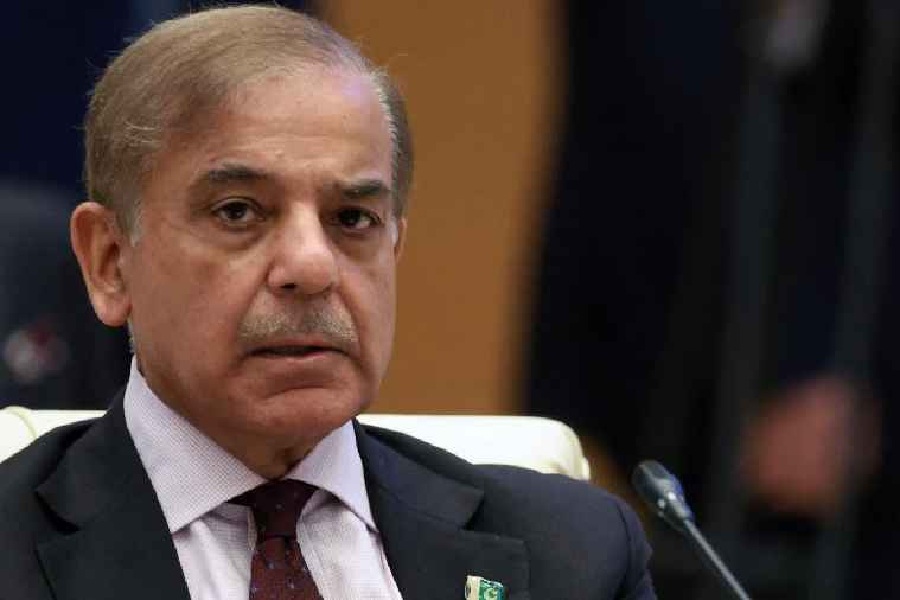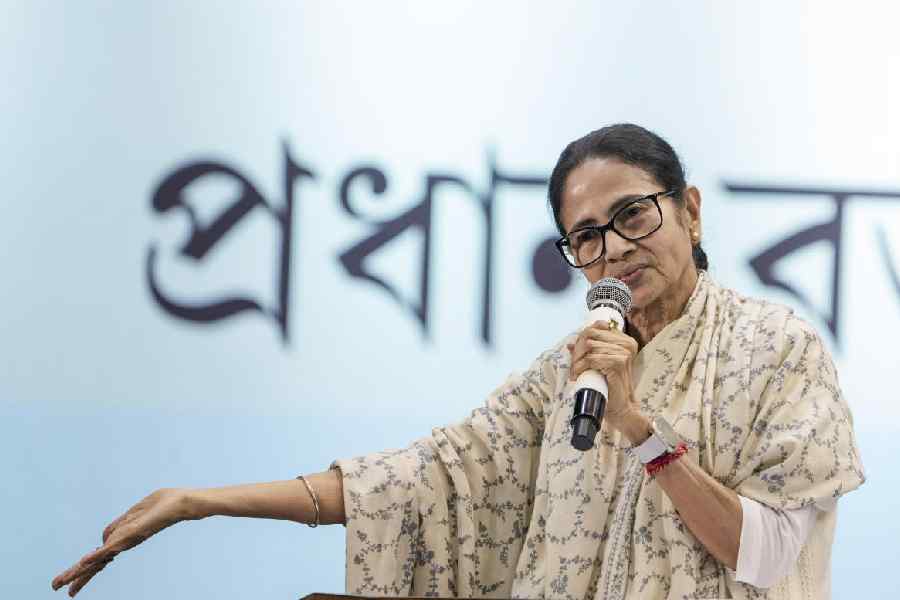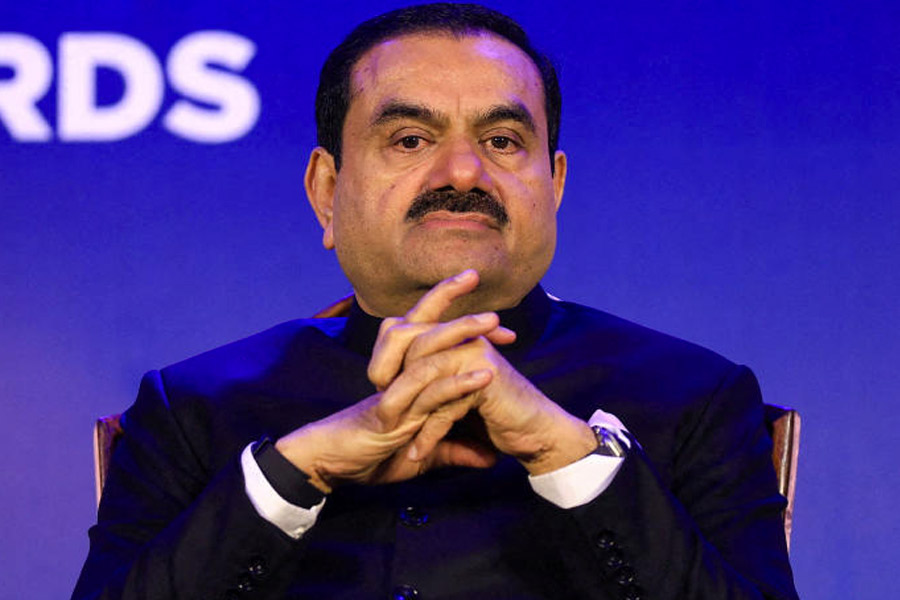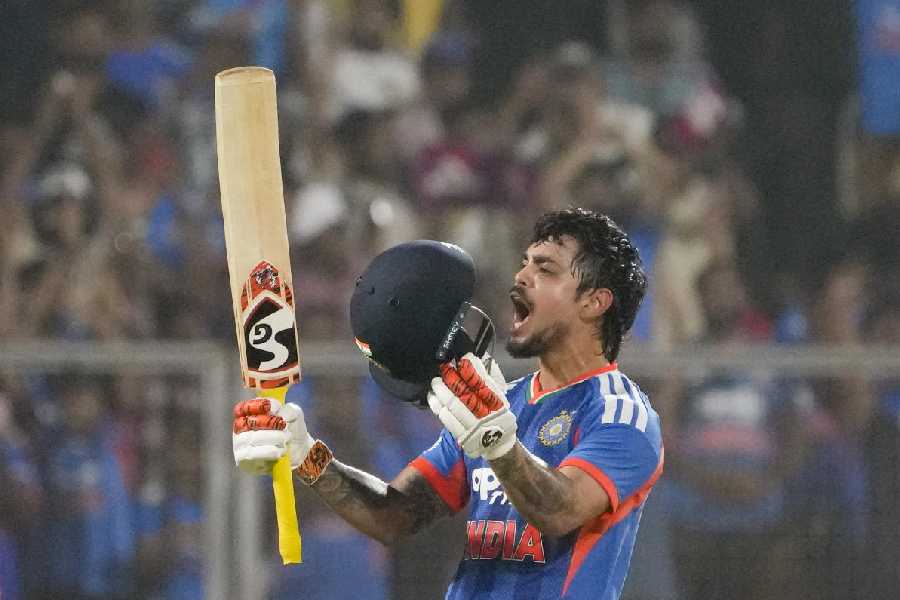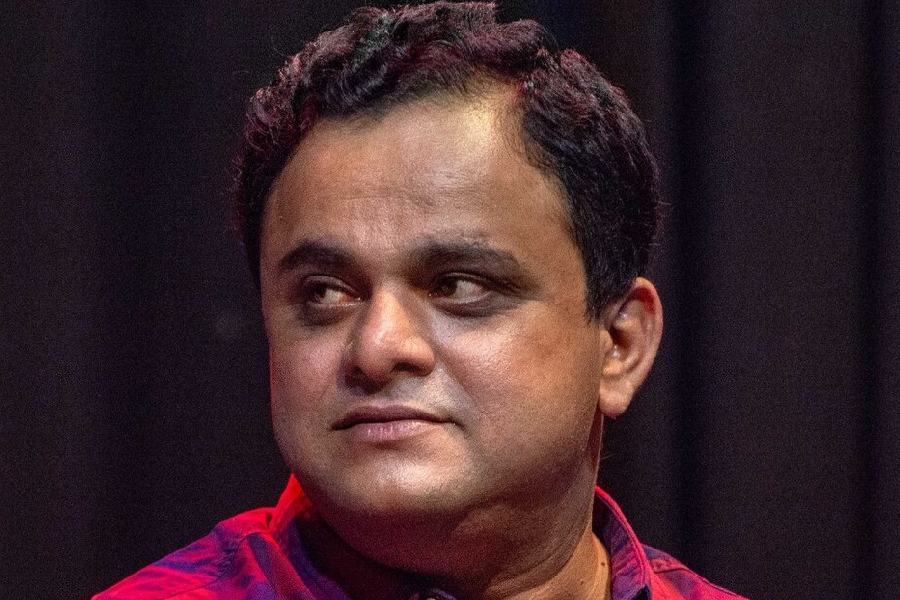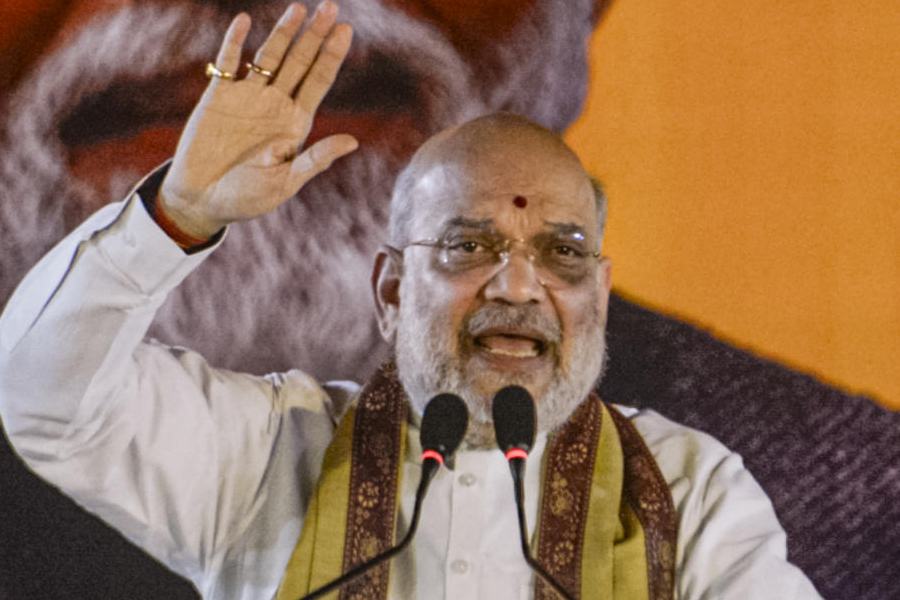
Privilege affords us many comforts, among them is the comfort of not knowing, or even having to care.
I grew up in times and places where the caste system was part of the natural order of things; it was a world of inherited assumptions, things were just the way they were. Caste? But what's that? We didn't know the rub of it so knowing mattered little. And what goes by the name of caste atrocity - daily grinding excess committed by the higher, ordained ones on those below in exercise of their divine rights - was so commonplace that it did not even fetch notice. It was much, much later that I realized, for instance, that Ramesraa and Munesraa, the obliging djinns of my childhood fancies, the tireless workhorses of my north Bihar village home, were actually Rameshwar and Muneshwar. But they were never to be afforded the dignity of being called by their given names.
They were both lowborn. They could not even have proper names. And if they did, those names had to be phonetically thrashed out of resemblance to the original. Rameshwar and Muneshwar are both synonyms of god. How would the highborn ever beckon the lowborn by the name of god? Their names had to be converted, perverted, squeezed of all dignity.
Strong loopy intonations of colloquialism and dialect dwell in the speech of Bihar but I have never come across a highborn Rameshwar being called Ramesraa. They would be Ramesarji, or Ramesar, never Ramesraa, never that disdainful long vowel dragging out the name at the end. I have a feeling Ramesraa, smiling serf though he remained all his life, discerned the inbuilt institutional sneer in the way their names were pronounced. He resorted to a quiet, docile little revolt. He called his son Junglee, the wild one. No Sanskritization, nothing to do with the gods, nothing that could be distorted, or needed to be.
I called Rameshwar Ramesraa and Muneshwar Munesraa mostly all my life without realizing my tongue was an instrument of age-old perversion, minor though it was compared to some of the other things that were happening in the years that shaped the consciousness of my generation. Belchi and Piparia, Arwal and Masaurhi, Sarhupur and Deoli, blister after bloody blister, but always the same story screaming from different datelines: wanton, unpunished rape, murder and pillage by those who had upon those who hadn't. But make no mistake, the violence was merely the verbal warp in brutal translation - both came from the same notion of entitlement, from constructs of greater and lesser gods and, therefore, greater and lesser children.
Far too many allegations have rightly washed up on Lalu Prasad's door through his public career; the one he is terribly wrongly charged with is that he launched caste-war in Bihar upon becoming chief minister in 1990. There was indeed a phase when he went rampaging around with his fiery "Bhurabal Hatao!" cry, 'Bhurabal' being the Lalu homespun for Bhumihar, Rajput, Brahmin and Lala (or Kayastha), the upper caste rainbow. It was a required offensive. Prasad wasn't launching caste-war, he was standing up and saying no to a war that had been waged one way for thousands of years. It'll require more people and far more time saying no. This has been a terrible year for children of the lesser god, they've been flogged, whipped, chased, lynched, left to wail and scream.
We will soon have a Dalit as president, one or the other. The wonder must persist if that'll at all make a difference.

